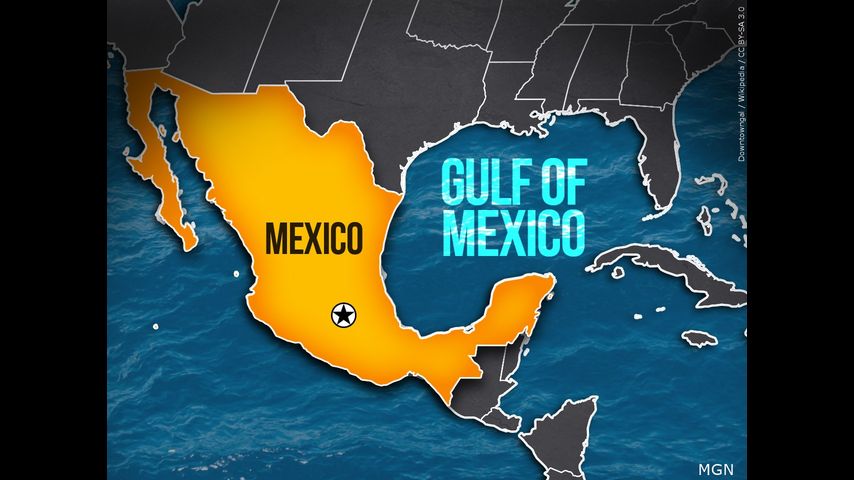US to close Gulf ports to Mexican fishing boats for poaching
MEXICO CITY (AP) — The U.S. government will prevent Mexican fishing vessels from entering U.S. ports on the Gulf of Mexico, arguing the Mexican government has not done enough to prevent its boats from illegally fishing in U.S. waters.
Starting Feb. 7, Mexican fishing boats in the Gulf "are prohibited from entering U.S. ports, will be denied port access and services," the National Oceanic and Atmospheric Administration wrote in a report made public Wednesday.
The move caps a years-long problem with U.S. efforts to protect valuable red snapper stocks along its Gulf shores.
Small Mexican boats frequently use prohibited long lines or nets to haul in snapper in U.S. waters, and then sometimes apparently even sell it back to U.S. customers. Such nets and lines can indiscriminately trap marine life.
The NOAA report slammed Mexico for "its continued failure to combat unauthorized fishing activities by small hulled vessels (called lanchas) in U.S. waters."
"The United States is committed to working with the Government of Mexico to support its actions to address the issues identified in 2019 and 2021, and is ready to re-establish U.S. port privileges for Mexican fishing vessels operating in the Gulf of Mexico once actions are taken by Mexico," according to the report.
Mexico's Environment and Economy Departments did not immediately respond to requests for comment on the ruling.
NOAA said in a previous report that the U.S. Coast Guard apprehended dozens of Mexican boats in the Gulf, including "a large number of Mexican nationals who are repeat offenders, some having been interdicted more than 20 times since 2014."
It noted the United States imported almost five tons of fresh and frozen snapper from Mexico in 2018, "raising concerns that these imports may have included fish harvested illegally in U.S. waters."
The environmental group Oceana Mexico said in a statement that "Mexico has yet to implement fully its USMCA (US-Mexico Canada free trade pact) environmental commitments with respect to sustainable fishing practices."
Environmentalists say that Mexico's attitude on the Gulf fishing dispute mirrors its lack of effort to stop gill net fishing in the Sea of Cortez, or Gulf of California, that has driven the vaquita marina porpoise to the brink of extinction.
Sarah Uhlemann, director of the Center for Biological Diversity's International program, said "The United States has again rightfully sanctioned the Mexican government for failing to get a handle on illegal fishing."
"This time, Mexican officials didn't stop boats from illegally entering U.S. waters to fish. Last fall, they couldn't get fishermen to use gear that protects imperiled sea turtles," Uhlemann said, adding Mexico "can't manage to stop rampant illegal fishing in the upper Gulf of California to save the endangered vaquita porpoise. The clear U.S. message is that the Mexican government has to clean up its fishing practice or lose a critical seafood trade partner."





